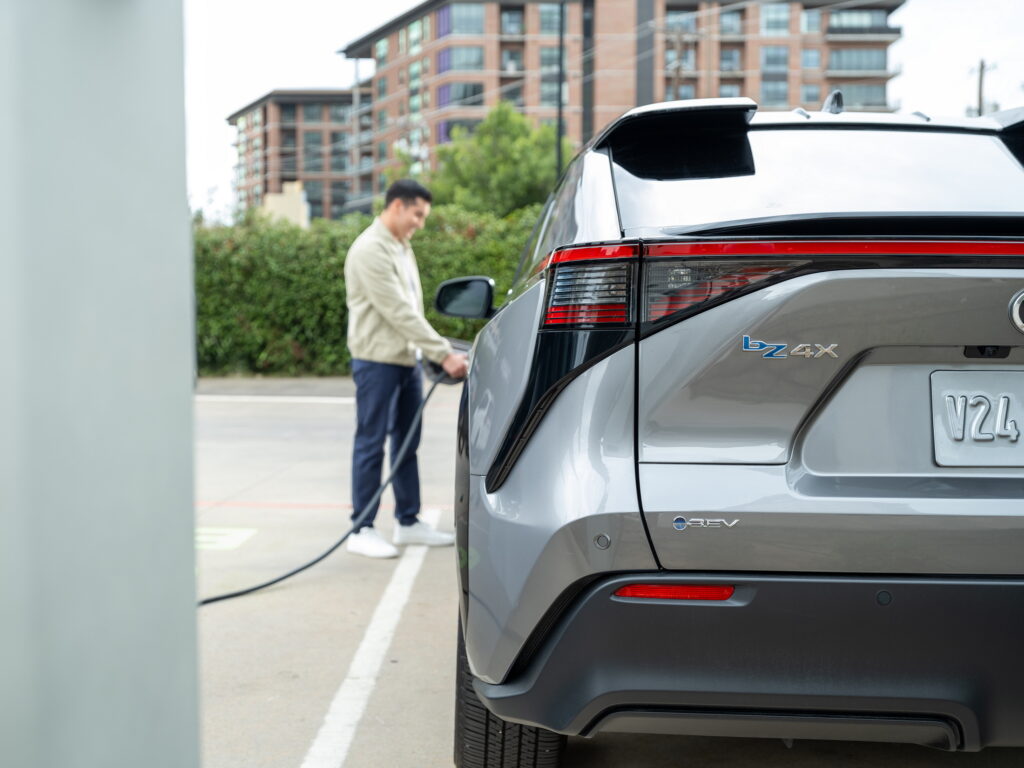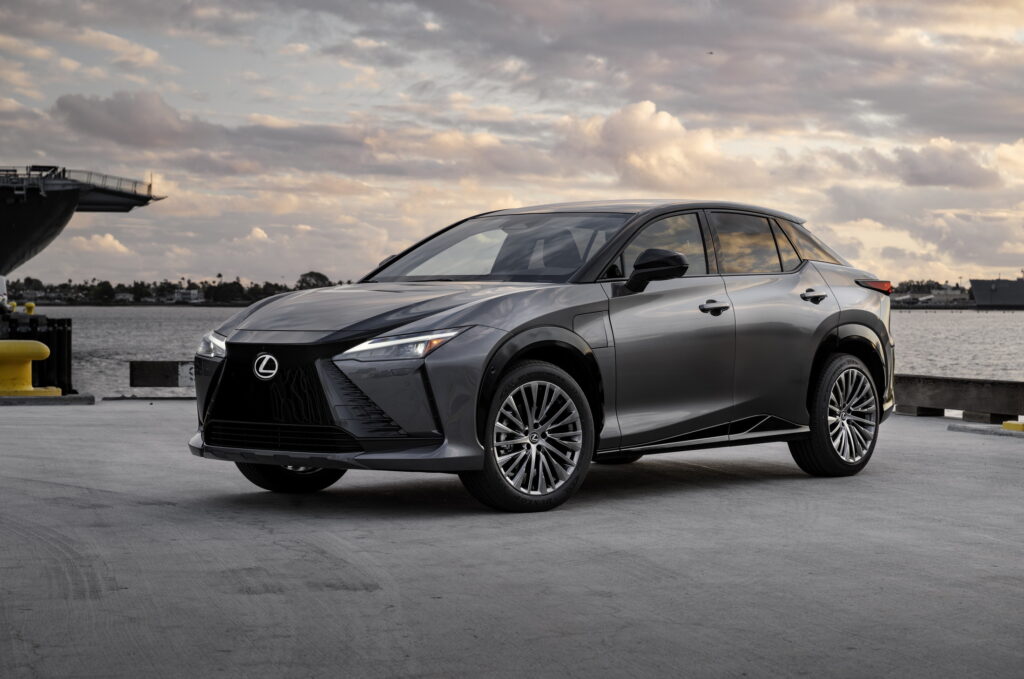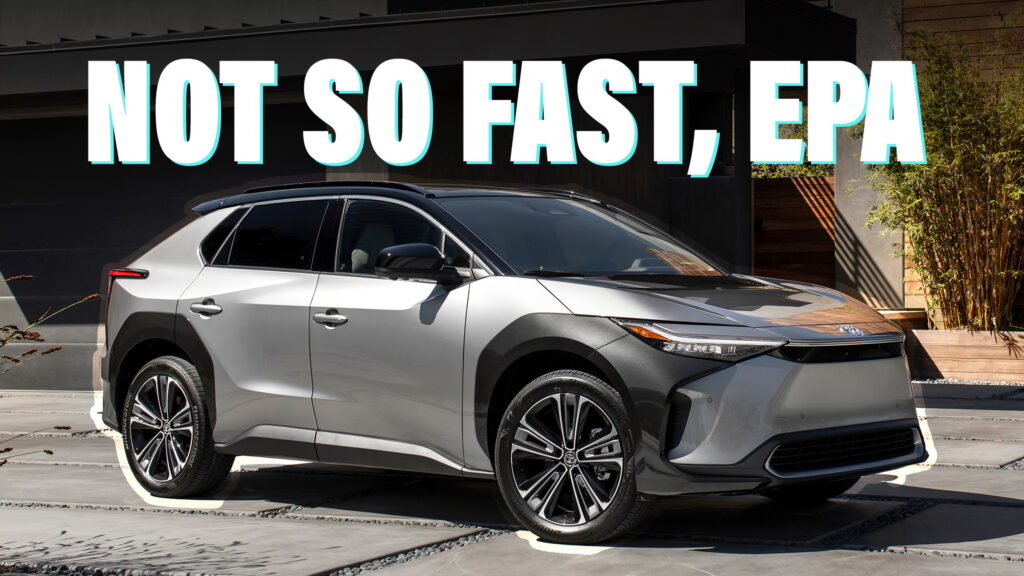According to Toyota USA’s projections, American consumers are expected to purchase significantly fewer EVs by 2030 than what the EPA anticipates. Consequently, the automaker plans to procure emissions credits to meet U.S. regulations instead of allocating additional resources toward electric vehicle development, citing doubts about their marketability.
The EPA announced last year that it was aiming for EVs to have a 60 percent market penetration by the year 2030, though it is believed that it may revise that number down to 54 percent by the time any actual rules are passed.
However, Ted Ogawa, the CEO of Toyota Motor North America, says that the company expects that this number will be much lower; 30 percent to be exact. Ogawa told Autonews that the company will base its production targets on its consumer forecasts, not the EPA’s.
Read: Hybrids Dominate Consumer Reports 10 Top Picks For 2024

“Our starting point is what the customer demand should be. So, for example, 2030 regulations said the new-car market, more than half of it should be BEV, but our current plan is like 30 percent,” said Ogawa. “We are respecting the regulation, but more important is customer demand.”
To bridge the gap between its production and emissions caps based on the EPA’s estimates, Ogawa said that the company will look at its options, and highlighted purchasing emissions credits as a way to satisfy its regulatory requirements.
“Regulation-wise, we would have to prepare something like credit purchase. It’s difficult to say,” said Ogawa. “Wasted investment is worse than the credit purchase.”
Despite that, Ogawa said Toyota will continue working to introduce more EVs to American buyers. Currently, it only offers two: the Toyota bZ4X and the Lexus RZ450e. However, it is building a $13.9 billion battery complex in North Carolina and has announced around $17 billion in investments for its U.S. manufacturing to build EVs and hybrids.
Ogawa said the Japanese automaker may be behind brands like Tesla in terms of EVs, but he believes it is catching up, both in technology and in home charging. He also believes that Toyota’s vehicles are better than those coming out of China, but admits that it cannot compete in terms of pricing.





